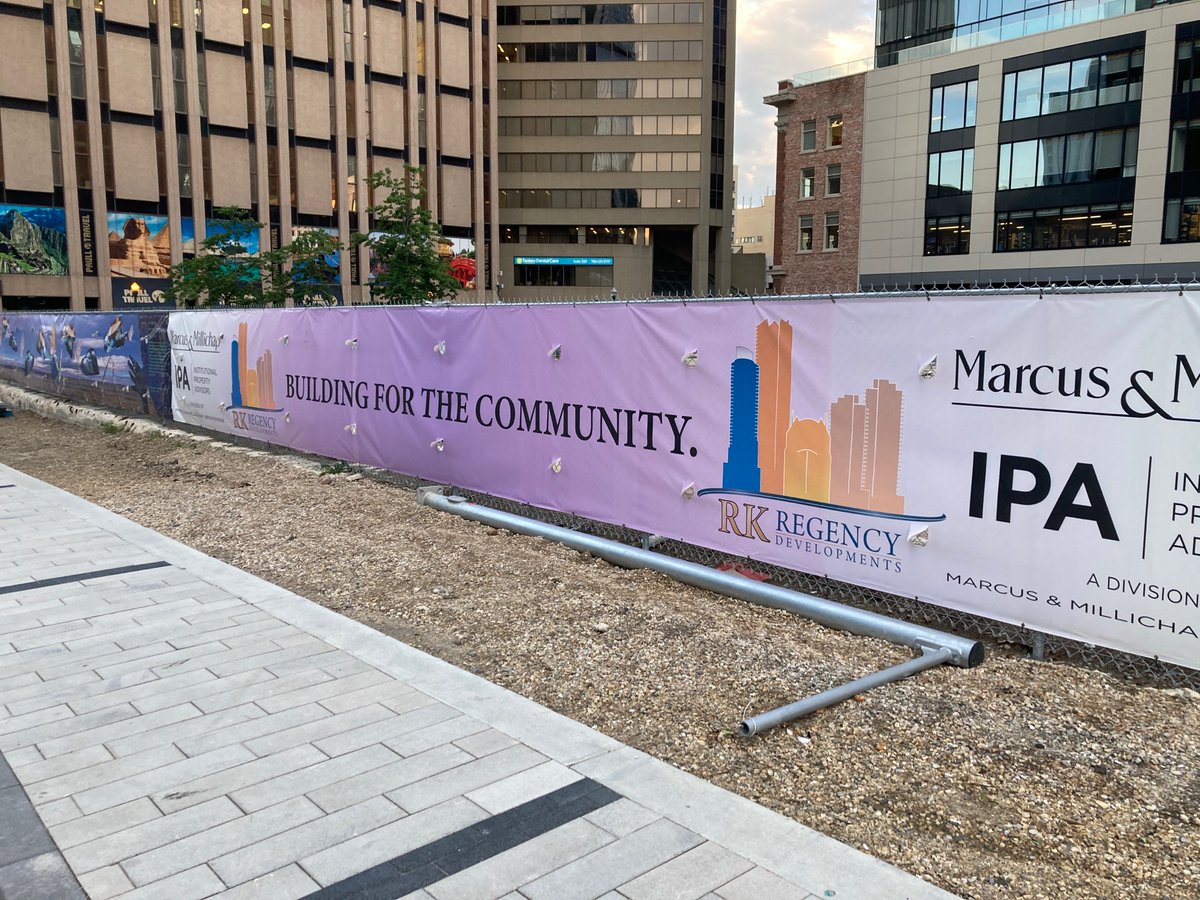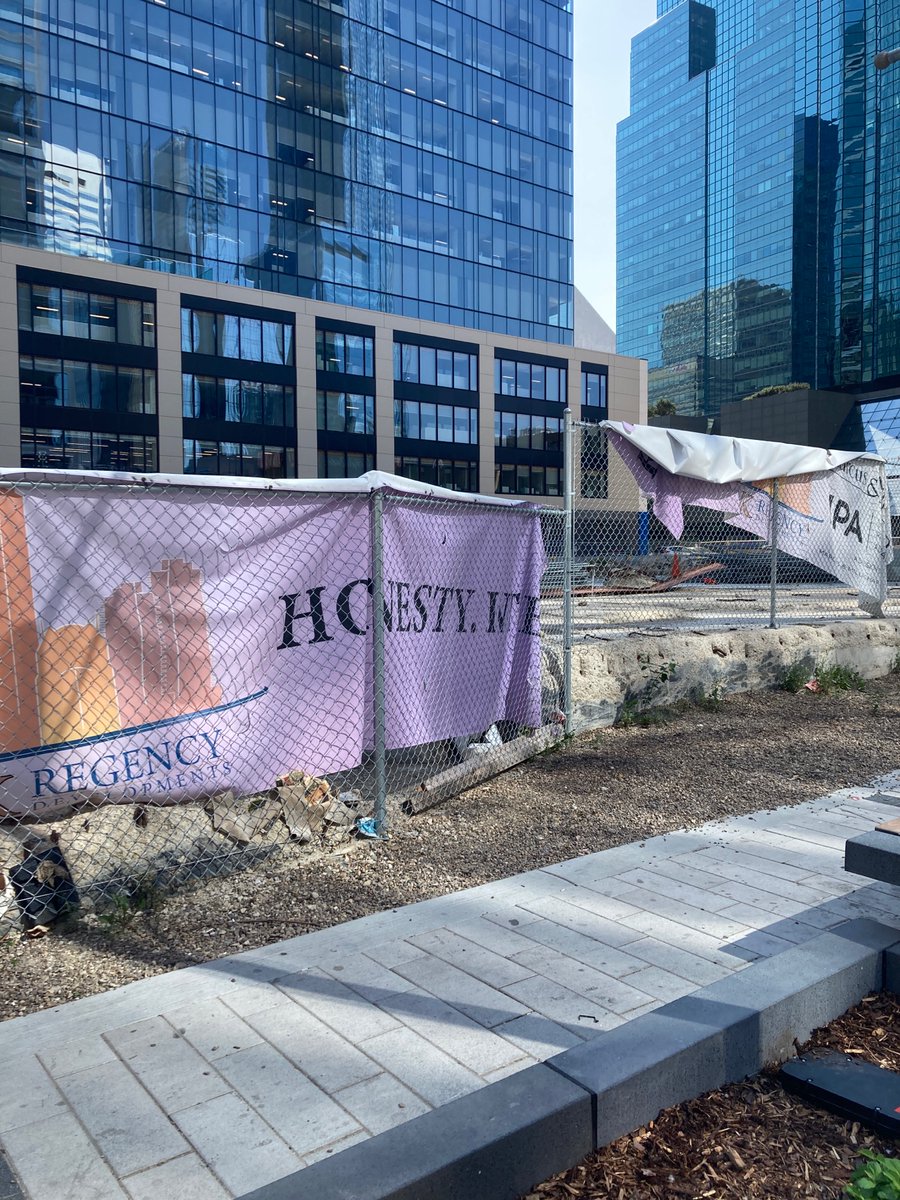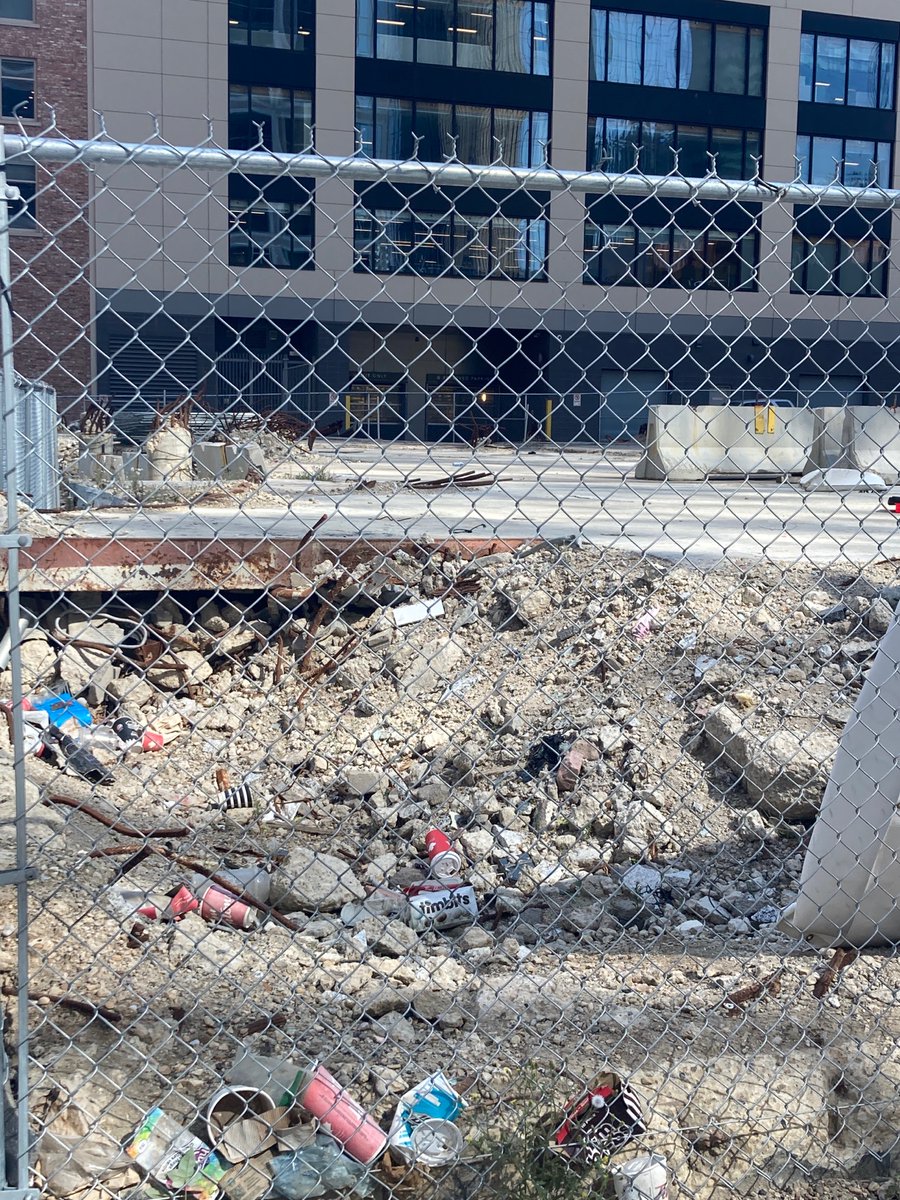Stevey_G
Active Member
City needs to really start putting conditions into their demo permits for all developers with DC2 zoning. “Demo your building and build within 5 years or your land gets auctioned off.” There could be some arbitrary program in place for extensions if the area is kept exceptionally clean and provides some social or economic benefit to the community. Something like a park or a well manicured parking lot at the least.
What this is is completely unacceptable for a major Canadian city and if I owned surrounding properties I’d be livid.
What this is is completely unacceptable for a major Canadian city and if I owned surrounding properties I’d be livid.


